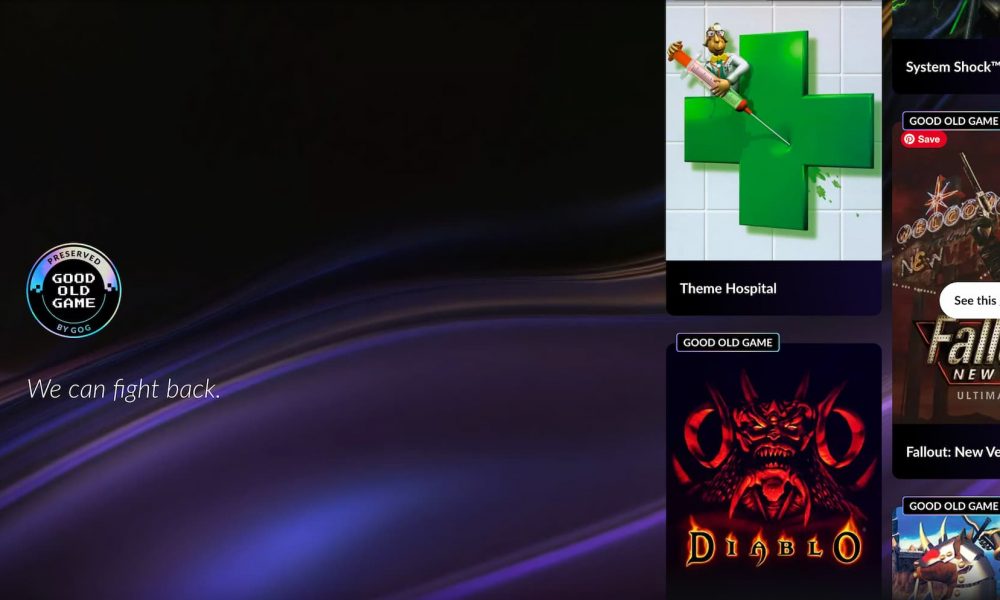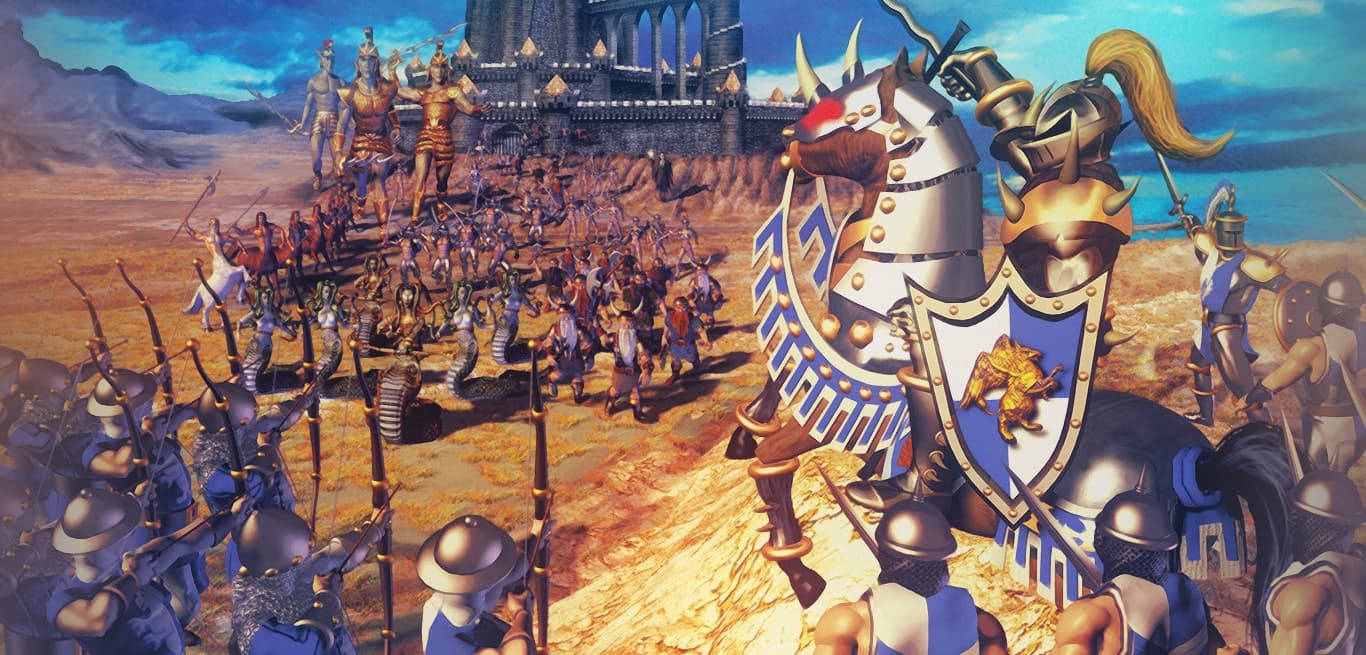

Saving Gaming History, 100 Classics at a Time
In an era where digital ownership has become increasingly nebulous, GOG.com’s latest initiative feels like a breath of fresh air. The newly announced GOG Preservation Program isn’t just another re-release scheme – it’s a dedicated effort to ensure that gaming’s greatest hits remain playable for generations to come.
More Than Just Nostalgia
Growing up in the ’90s, countless hours were spent navigating the pixelated corridors of gaming history. I vividly remember my first encounter with Bullfrog’s Theme Park, meticulously planning every roller coaster and watching tiny digital visitors queue for my attractions. Then there was Wing Commander III, where Mark Hamill’s commanding presence brought a cinematic gravitas to space combat that felt revolutionary at the time.
Technical Wizardry
The programme’s recent work on Heroes of Might and Magic III demonstrates GOG’s commitment to preservation. The latest update addresses specific issues with Russian and French localisations, while ensuring Windows 10 and 11 compatibility. Similar attention to detail can be seen in their treatment of Diablo and the original Resident Evil trilogy, where each game has received careful optimisation for modern systems.
True Ownership in a Digital Age
This initiative feels particularly pertinent following Steam’s recent controversial clarification about game ownership – namely, that purchases on their platform essentially amount to long-term rentals. GOG’s steadfast commitment to DRM-free gaming and actual ownership stands in stark contrast, offering gamers genuine possession of their digital libraries.
Preserving Gaming’s Legacy
The preservation work extends beyond mere compatibility fixes. Take Resident Evil, for instance, where GOG has implemented improved DirectX renderers, added support for modern controllers, and included multiple language options. These aren’t just patches – they’re comprehensive restorations that respect the original experience while making it accessible to modern players.


Why This Matters
We’re at a crucial juncture in gaming history. As hardware evolves and operating systems advance, we risk losing access to foundational games that shaped the medium. GOG’s Preservation Program isn’t just about nostalgia – it’s about protecting our cultural heritage in an industry that often seems too focused on the next big release.
The programme comes with dedicated technical support and ensures these classics remain playable regardless of developer support. In an industry where backwards compatibility is often an afterthought, this level of dedication to gaming history is commendable.
Looking Forward
As digital distribution platforms continue to evolve, GOG’s commitment to genuine ownership and preservation feels increasingly valuable. This isn’t just about maintaining old games – it’s about ensuring that future generations can experience these foundational titles as they were meant to be played.
For those of us who remember installing games from multiple floppy disks or swapping CD-ROMs mid-game, this initiative isn’t just welcome – it’s essential. It’s heartening to see GOG taking such a proactive stance in preserving gaming history, one classic at a time.
